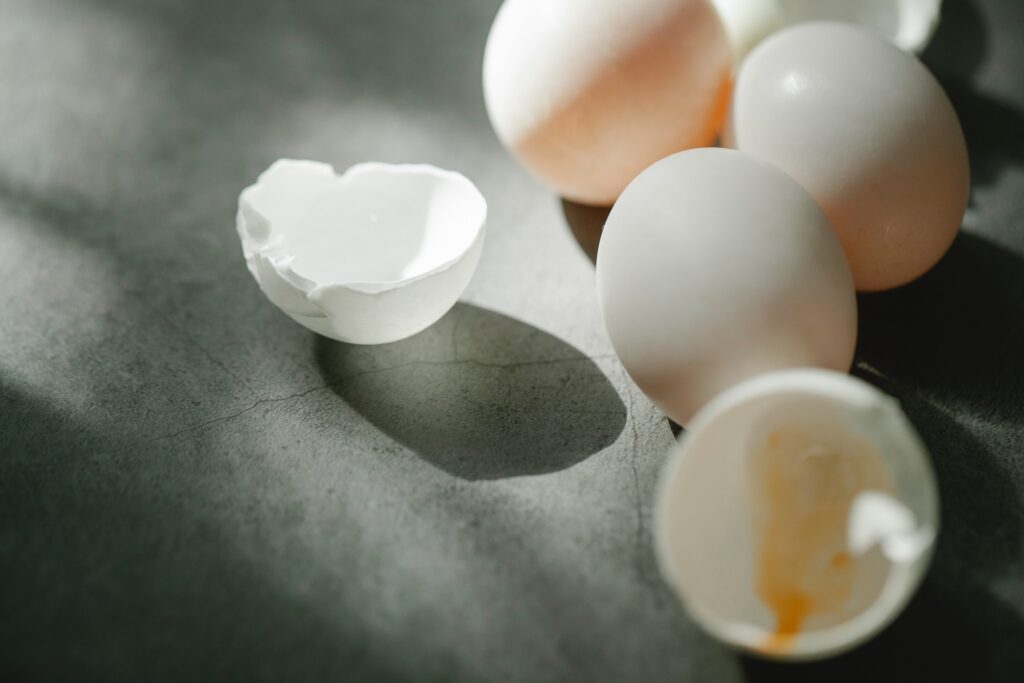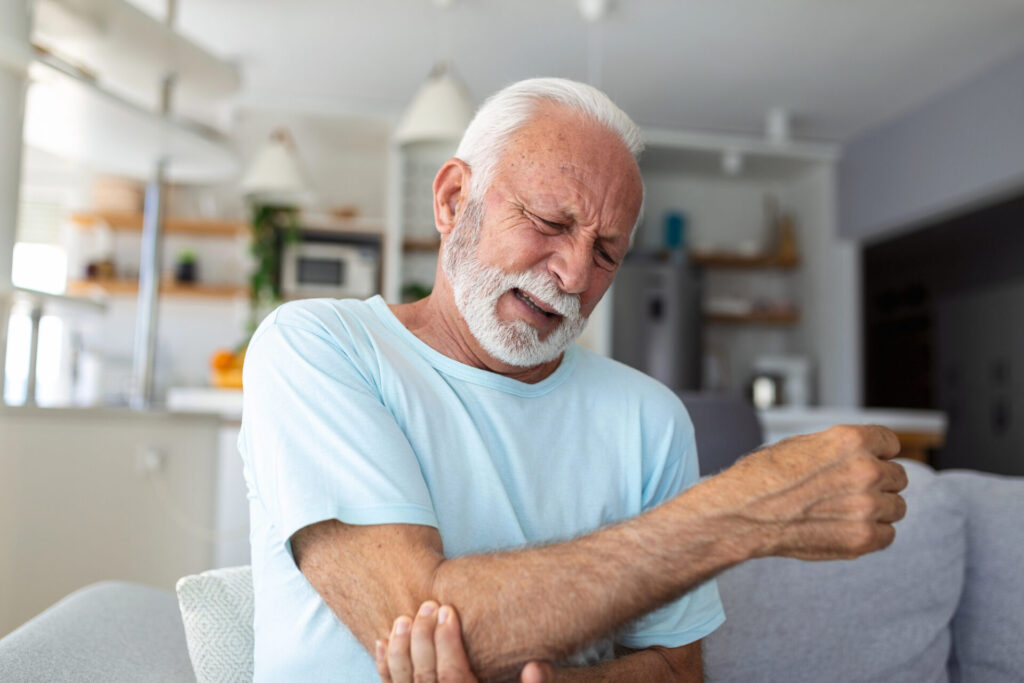Study Details
The results of this study indicate a dose-dependent response, which should be taken into account for later use in therapeutics to establish the correct dosage.Although all of the groups registered a decrease in perceived pain, both doses used in this study induced a bigger reduction than in the control group, indicating a relationship between eggshell membrane consumption and reduction in pain. Such results are compatible with previous studies that demonstrated the efficacy of this nutraceutical to alleviate knee pain, symptomatology, and joint functionality. These results are higher than those registered for other supplements such as curcuma. However, dose-dependent efficacy was registered in our study. Despite the fact that all groups showed a reduction in pain, objective measures of improvement in functional capacity and sleep quality support such a hypothesis. A 500 mg dose induced a reduction in perceived pain of 1.1 points more than a 300 mg dose. Furthermore, a slight reduction in functional capacity and an improvement in sleep quality were also registered for high vs. low doses.
Conclusion
Although previous studies addressed the study of the efficacy of eggshell membrane as a supplement to alleviate knee joint pain, here, for the first time, two quantitative variables (mobility and strength of knee joint), as well as qualitative ones (pain, functional ability, and sleep quality), were monitored to accurately evaluate changes in the quality of life of subjects affected by this common pathology. Such a variable set extends the findings of previous studies that have already observed changes in the functionality of knee joints by measuring the range of motion. This study reports an improvement in all of the variables monitored in those subjects who were consuming eggshell membrane, most likely resulting from physiological changes in the musculature associated with the amelioration of knee functionality and a better quality of life due to a reduction in perceived pain. Moreover, our results also indicate a dose-dependent response, which should be taken into account for later use in therapeutics to establish the correct dosage.






